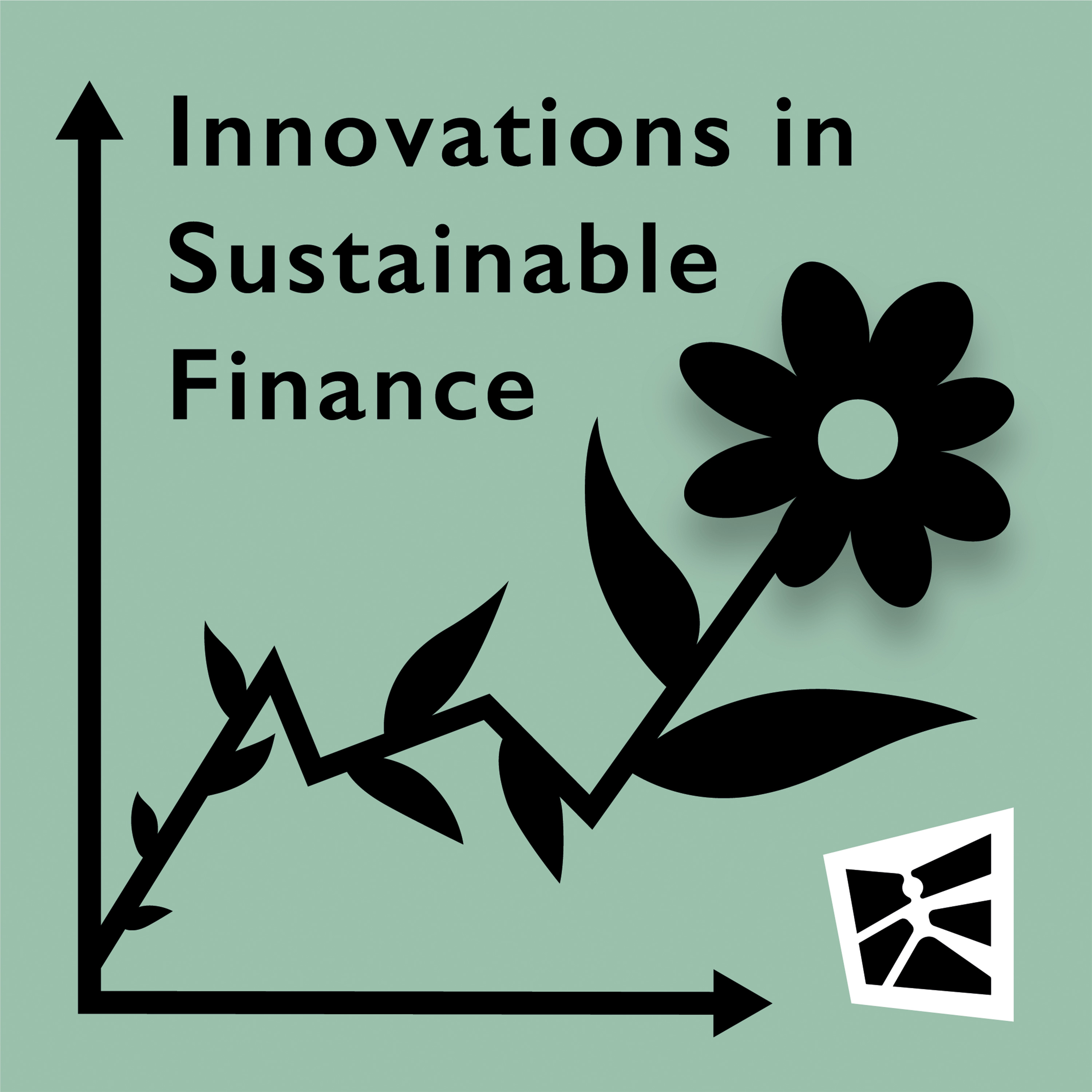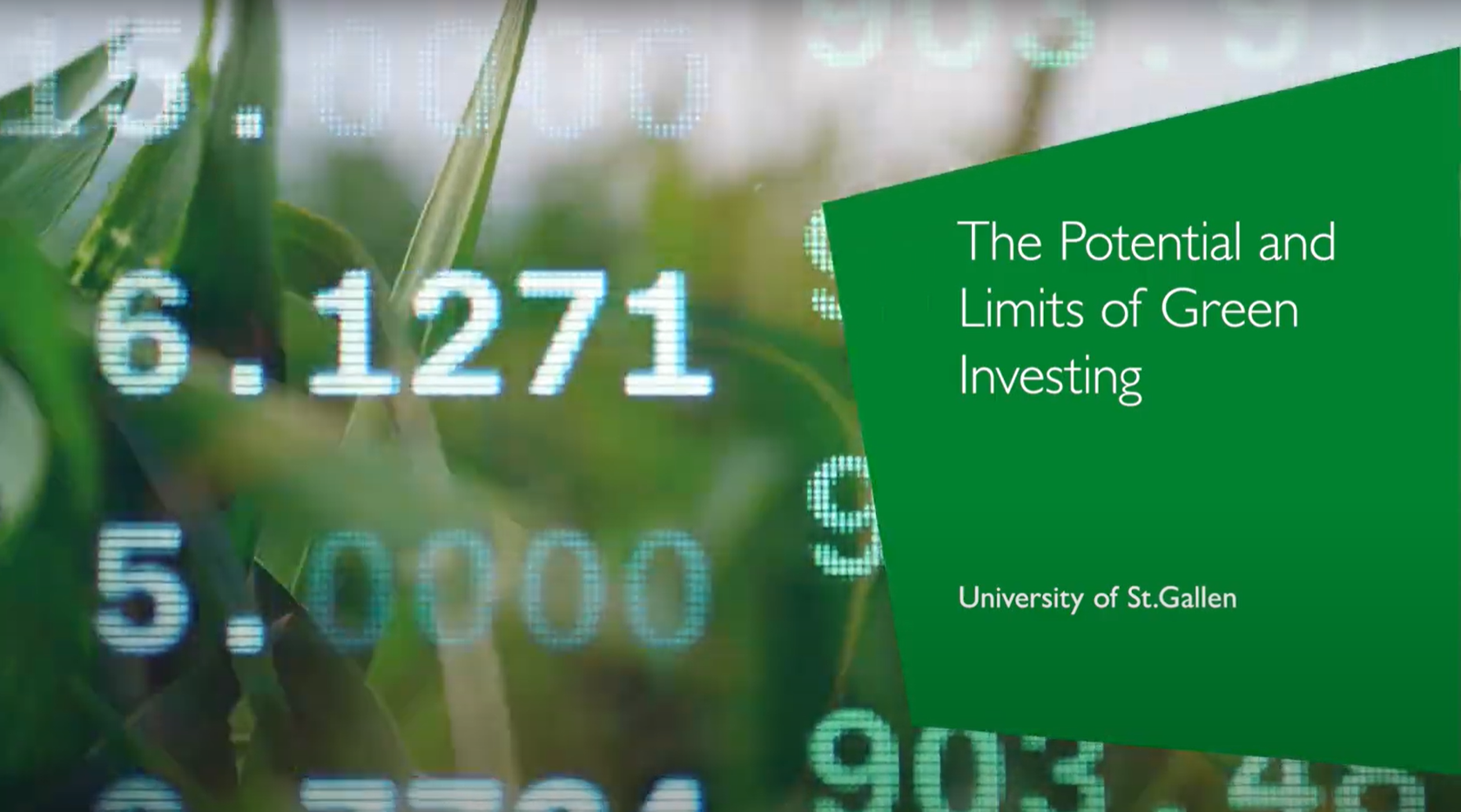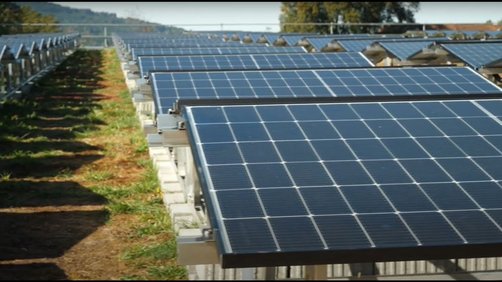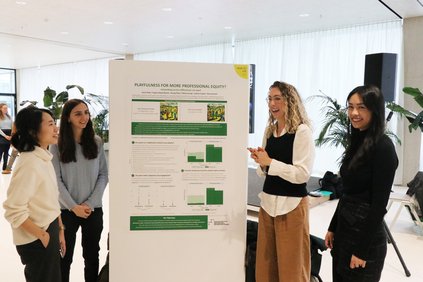Research - 17.08.2023 - 09:00
Is sustainable investing a dangerous placebo?
Inspired by the June 18 Swiss vote on the Climate and Innovation Act, research from the University of St.Gallen and partners looks at whether or not sustainable investments distract people from supporting sustainable legislation. The answer is no.

Inspiriert von der Schweizer Volksabstimmung über das Klima- und Innovationsgesetz am 18. Juni haben Forschende der Universität St.Gallen untersucht, ob nachhaltige Geldanlagen die politische Unterstützung für nachhaltige Gesetzesvorlagen verringern. Die Antwort lautet nein.
In recent years, there has been a pervasive narrative surrounding sustainable finance. Some believe that efforts to label investments as sustainable can actually be counter-productive. This claim is that sustainable investing is not only ineffective in solving big problems such as climate change, but it is damaging because it distracts us from taking measures that would really address our climate challenges, such as governmental regulations. Researchers from the University of St.Gallen, the University of Zurich and the MIT Sloan School of Management wanted to investigate.
We sat down with two members of the research team HSG Assistant Professor Julian Kölbel from the Center for Financial Services Innovation (FSI-HSG) and Assistant Professor Stefano Ramelli from the Swiss Institute of Banking and Finance (s/bf-HSG) to understand their study and to understand the implications it could have on the industry.
Professors Kölbel and Ramelli, what inspired this piece of research?
Ramelli: In Switzerland on June 18, there was a vote about the Climate and Innovation Act, which would commit the country to a net-zero goal by 2050. While it eventually passed with a 59% majority, long before the vote we saw an opportunity to design an experiment that would focus on the interaction between sustainable finance and regulation.
Kölbel: Exactly. Before the vote, we recruited a representative sample of around 2,000 Swiss residents and randomly allocated them to two groups. We gave one group the possibility to invest in a climate-conscious investment fund, and the other not. We then looked at the results to see if the opportunity to invest sustainably affected their political engagement. We did not only look at people’s voting intentions, but also whether they are willing to support their preferred campaign financially.
What did you find?
Kölbel: In short, that sustainable finance does not erode people’s support for sustainability-focused regulation. There is even weak evidence for the opposite, as people who could invest in the climate-conscious fund appeared slightly more supportive of the climate law compared to those who could not. But our main takeaway is that sustainable finance is not dangerous in crowding out individual efforts to advance sustainability-related regulation.
Ramelli: We believe that this result also shows us that there is no indication that sustainable finance is ultimately counterproductive. We still find, however, that people overestimate the positive effects of sustainable investment funds, so increasing the real impact of these products remains an important area to focus on.
Podcast «Innovations in Sustainable Finance»
Do your findings shed a light on a bigger problem?
Kölbel: Yes. A huge problem is that globally we set new temperature records every year, and although the science is clear about how this will continue, the path forward is not.
Ramelli: We know that there are many tools available do something about climate change. Although there are carbon taxes in places like the EU and Switzerland, a global carbon tax would be ideal. But these regulatory solutions need majority support and international coordination, which is hard to get.
Kölbel: So what can you do as an individual? For example, flying less and adapting our consumption choices is an important option, and so is protesting and even gluing yourself to the streets to raise awareness to demand change. Sustainable investing is yet another option, which may contribute to promoting solutions by encouraging companies to invest and innovate in helpful ways.
Ramelli: Which option to pursue is not an easy question. If we believe that efforts into one option will reduce efforts into another, we have to evaluate carefully which option is best to address the problem at hand. But if instead doing something motivates people to act sustainably in other domains as well, the choice between options is less critical. Then doing something, anything may be more important than further evaluating options.
Kölbel: Right. There is no silver bullet to solve our sustainability challenges. Investing sustainably is one of the many options available to us, certainly insufficient on its own, but a helpful piece of the solution.
More videos on the topic of sustainable investing
How can we label sustainable investment funds better? What types of changes would you like to see?
Ramelli: Labels are very important in sustainable finance because they give consumers a clear signal about product quality that is otherwise very difficult to ascertain. This is especially true for the dimension of impact: does this product allow me to contribute to a better world?
Kölbel: You can label products in two dimensions: value-alignment and impact. Value-alignment is whether the product invests in sustainable firms. Impact is whether your investment is making a difference. Most labels focus on the former, but I think many sustainable investors have a desire to make difference. I would like labels to focus more on the impact dimension.
With regard to impact, the key question is: how much evidence do you need to give a label? One of the considerations in this decision is the trade-off between main effect and side effects – similar to the drug admission process. When a drug’s side effects are severe, it should only be approved when it is known to be highly effective. When side effects are harmless, the bar for effectiveness can be lowered.
Ramelli: According to our results, there are no behavioural side effects of individuals’ sustainable investment choices on their level of political engagement. Of course, there might still be other side effects, for example, sustainable investments might liberate people to buy a second car, fly more, etc. But the results from our study support the case that also small or somewhat uncertain impacts should be considered in labels for sustainable investing products. Obviously, it remains essential to keep increasing the effectiveness of sustainable investing products.
What else do you want to research, how can sustainable finance be better?
Kölbel: I am very interested in translating the individual preferences for sustainable investing into products that generate tangible impact. This has many aspects ranging from the client experience of buying such products to rating systems that evaluate companies to real investments in infrastructure. Ultimately, I want to ensure that sustainable investing as a whole has the maximal positive effect.
Ramelli: I fully agree with you, Julian. We need to make the best out of the willingness of people to address sustainability issues through finance. For finance research, a key challenge will be to start looking at human behaviour in all its complexity, beyond what has been traditionally done in the finance literature. Sustainable investors are not just investors with some "pro-social preferences" but want to be real actors of change through their financial, but also individual, political, and consumption choices. I think our study makes a contribution in this direction.
Read the original research paper “Is sustainable investing a dangerous placebo?” Julian Kölbel’s podcast on sustainable finance can be found at unisg.ch and Spotify.
Assistant Professor Julian Kölbel is from the Center for Financial Services Innovation (FSI-HSG) and Assistant Professor Stefano Ramelli is from the Swiss Institute of Banking and Finance (s/bf-HSG).
Image: Adobe Stock / stokkete
More articles from the same category
This could also be of interest to you
Discover our special topics






























